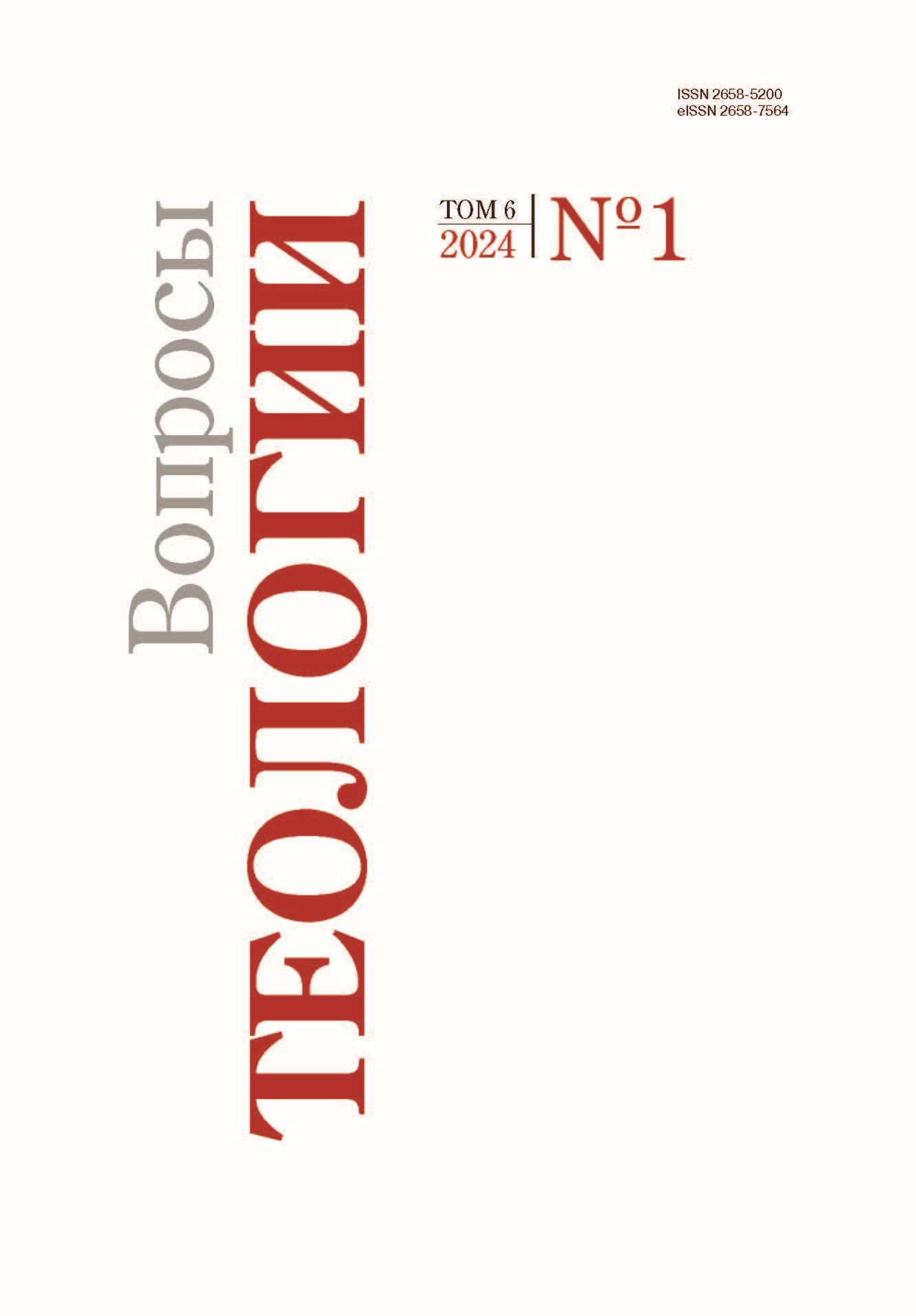Аrguments contra Divine atemporality in today’s analytic theology and some new counterarguments against them
DOI:
https://doi.org/10.21638/spbu28.2024.102Abstract
Albeit it is only a half of century that the issue of Divine (a)temporality entered the agenda of big discussions within analytic philosophical theology, it has become one of the keenest controversial topics, and voices against God’s timelessness are getting louder. The author avows that although Divine nature as it is is inaccessible for a created mind, some other matters, i. e. which conceptions of it do correspond to the real theism and which don’t, as well as which of them fit better to the definition of God as the most perfect Being (quo melius nihil cogitari potest) and which fit worse are quite under its power. He offers responses to the majority of the arguments against Divine timelessness by using centuries-long dialectical methods but some of them are postponed for forthcoming special scrutiny. Obsecuiousness to evolutionism as the pretended one and only scientific worldview and some other attributes of the profound inner secularization of theology are highlighted as the main reasons of the temporalists’ appeal. Meanwhile, it is mentioned as well that polemics with them can be useful for theism inasmuch as it stimulates deeper meditation on those Divine attributes that seem as it were too self-evident.
Keywords:
God, temporality, timelessness, changes, immutability, theism, panentheism, process theology, weak theology, controversial dialectics
Downloads
References
References
Downloads
Published
Issue
Section
License
Articles of "Issues of Theology" are open access distributed under the terms of the License Agreement with Saint Petersburg State University, which permits to the authors unrestricted distribution and self-archiving free of charge.




